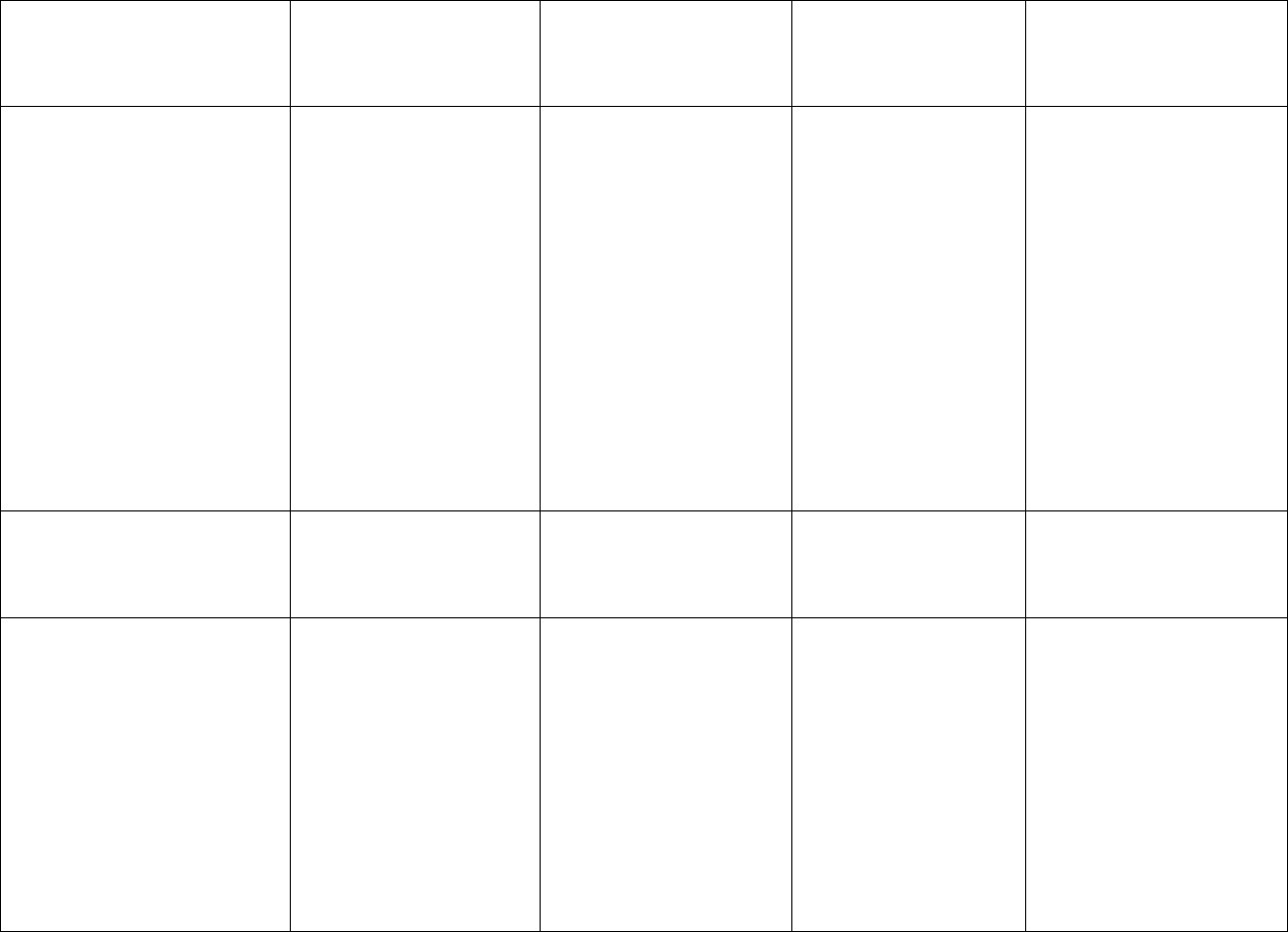
Brand, Olson, Smith, Vandermark, Worobey 03/19/10
Grade K Social Studies Units
September:
Communities & Culture,
Government
October:
History, Communities &
Culture, Economics
November:
History, Communities &
Culture, Government
December:
Communities & Culture,
History
January:
Map Skills & Geography,
Communities & Culture,
History
Me & My School
Getting To Know You
Classroom Orientation
September 17
th
-
Constitution Day
First Day Tour of
School
Introduction to School
Staff
Rules
Pledge of Allegiance
Character Education
Second Step
We Have Families
(Unit 1)
Columbus Day
Families
Open House –
Introduce families
to classroom
Using Directions
Bus Safety
Fire Prevention
Character
Education
Second Step
Families & People Long
Ago
(Unit 1, Unit 3, Unit 5)
Native Americans
Pilgrims
Thanksgiving
Family Traditions
Children Long Ago
Election Day
Turkey Drive
Character
Education
Second Step
Traditions Around the
World
(Unit 3)
Kwanzaa
Las Posadas
Hanukkah
Christmas
Food Drive
Character
Education
Second Step
Where We Live &
People Long Ago
(Unit 2 and Unit 3)
Survival Skills
Martin Luther King
Jr.
Globe Exploration
Freedom & Equality
Character Education
Second Step
February:
History, Communities & Culture
March:
Economics
April:
Economics, Communities &
Culture, Map Skills &
Geography
May:
Communities & Cultures,
Map Skills & Geography
June:
Government, Communities &
Culture
People Long Ago
(Unit 3)
President’s Day
Black History Month
Valentine’s Day
100
th
Day of School
Character Education
Second Step
Why We Work
(Unit 4)
Needs/Wants
Money
Jobs
Character
Education
Second Step
Why We Work
(Unit 4)
Earth Day
Recycling
Wants/Needs
Money
Jobs
Survival Skills
Character
Education
Second Step
Where We Live
(Unit 2)
Character
Education
Second Step
Mother’s Day
Neighborhood
and Home Maps
& Models
Getting Along Together
(Unit 5)
Jobs/Careers
Flag Day
Career Day
Character Education
Second Step
Father’s Day
Kindergarten Social Studies Vocabulary List
above
African American
American
below
biography
Black American
career
celebrate
character
Christmas
citizen
citizenship
city
community
community worker/helper
consideration
Constitution
cooperation
country
courtesy
Declaration of Independence
down
election
equality
famous
far
farm
flag
freedom
globe
Hanukkah
holiday
honesty
indivisible
Jewish
job
justice
Kwanzaa
land
laws
left
right
liberty
map
Native American
near
need
neighborhood
off
on
over
perseverance
Pledge of Allegiance
president
quality
republic
respect
responsibility
rules
self-control
state
symbol
Thanksgiving
tolerance
town
tradition
under
up
vote
want
water
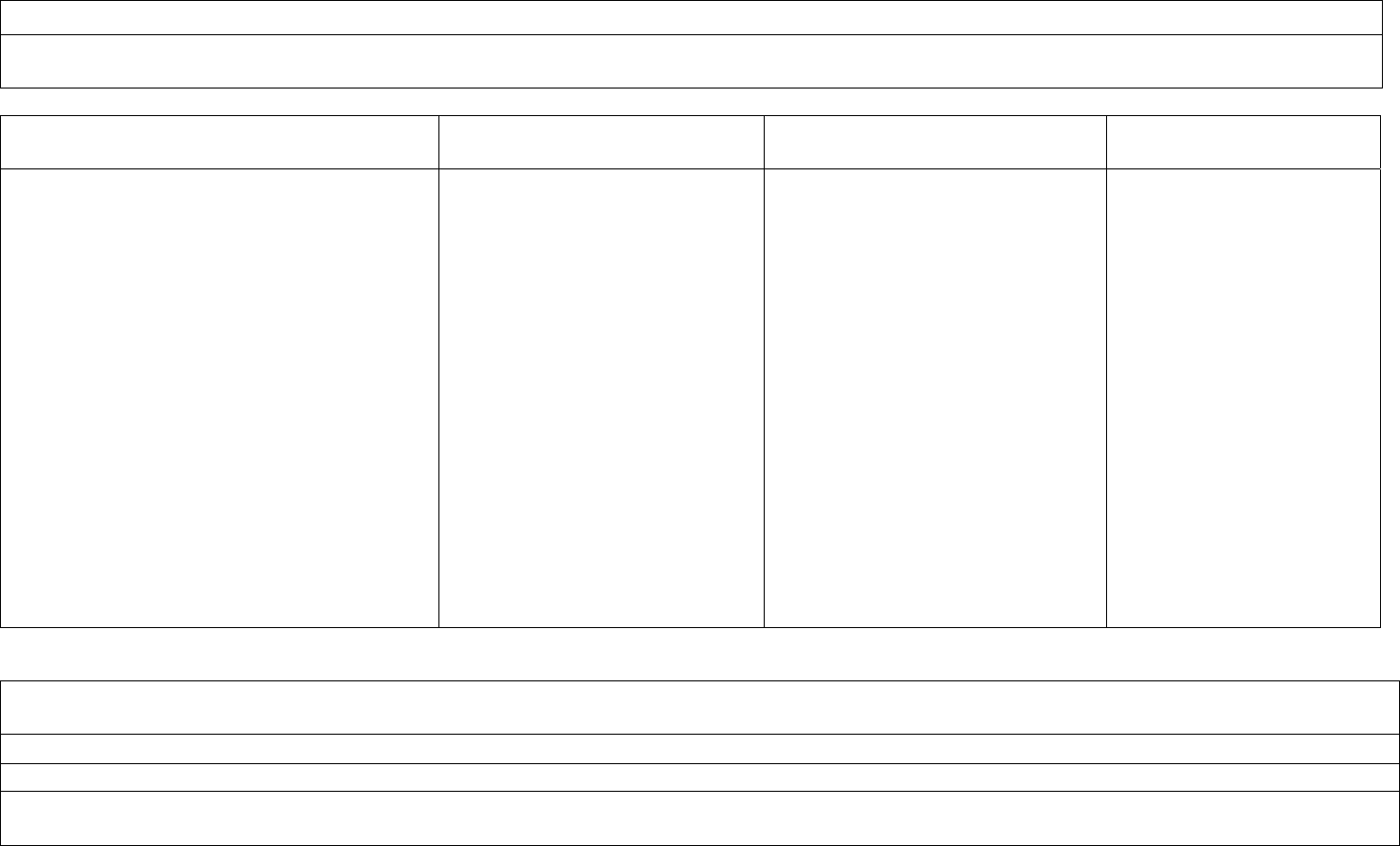
Topic: Map Skills and Geography (Kindergarten)
Essential Questions:
Where do we live?
Essential Knowledge & Skills
SWBAT:
Guided Questions Classroom Ideas
(Instructional Strategies)
Assessment Ideas
(Evidence of Learning)
• draw maps and diagrams that serve as
representations of places, physical features, and
objects
• locate places within the local community, state,
and nation; locate the Earth’s continents in
relation to each other and to principal parallels
and meridians
• ask geographic questions about where places
are located; why they are located where they are;
what is important about their locations; and how
their locations are related to the location of other
people and places
Where is my school?
Where is my home?
What is in my community?
What does my world look like?
Draw a map/create a model of
your neighborhood/yard/
classroom
Locate and visit places in the
community (Career Day, Fire
Station, Library Visit)
Globe exploration
(Land/water)
Survival Skills (learn
addresses and phone
numbers)
Quarterly Assessment of
Survival Skills (Oral)
Teacher Observation of
map/model creations
Coloring of landforms/water
in response to Globe
Exploration
Connections to Text (Resources): Houghton-Mifflin leveled SS readers, MacMillan/McGraw-Hill TimeLinks flip chart
Time: on-going, Career Day in June
Connections to Technology: Google Earth
Key Vocabulary: globe, map, land, water, community, neighborhood, left, right, near, far, farm, city, town, up, down, over, under, on, off,
above, below, state, country,
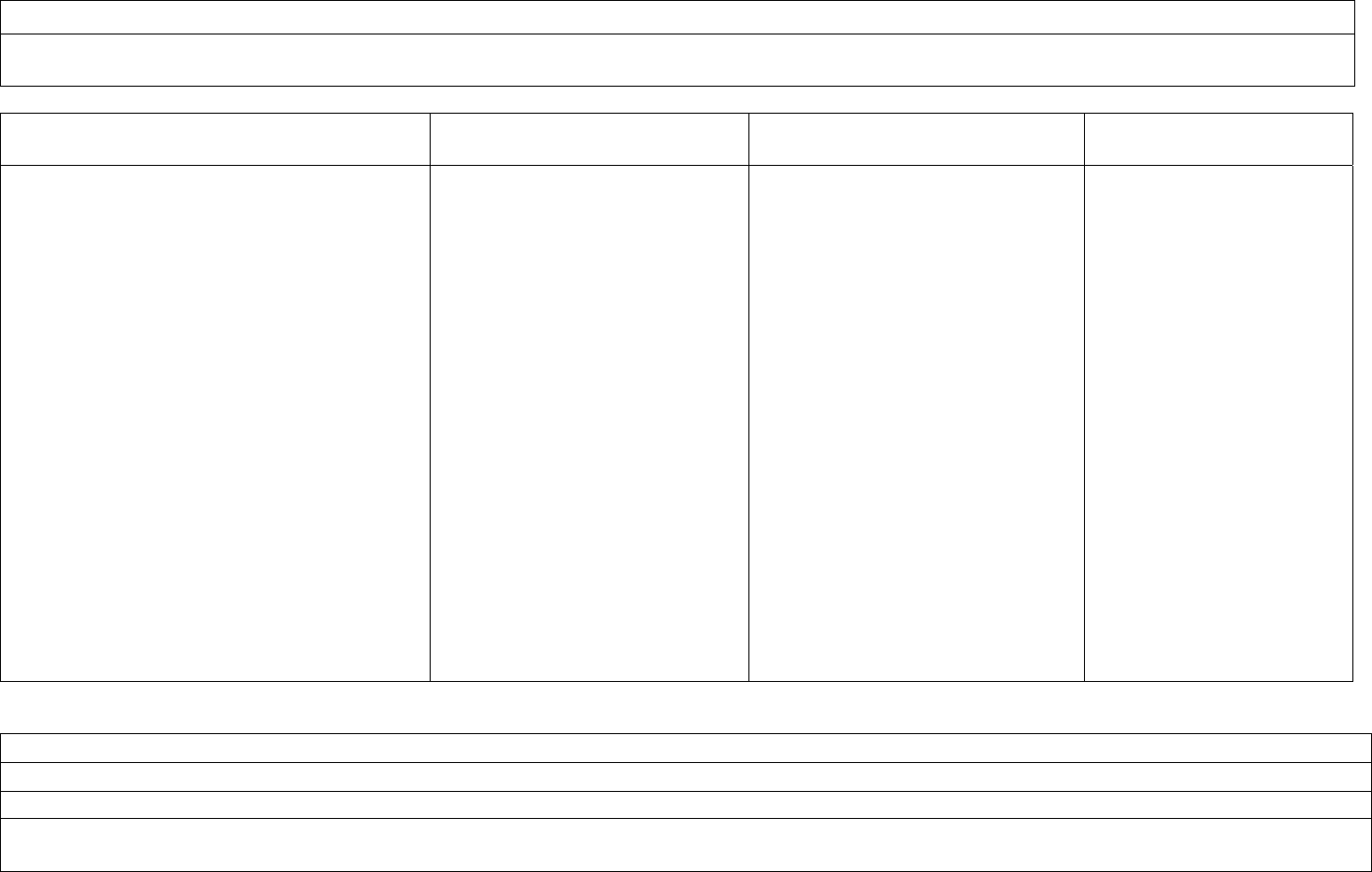
Topic: History (Kindergarten)
Essential Questions: How have people from the past changed my world?
Essential Knowledge & Skills
SWBAT:
Guided Questions Classroom Ideas
(Instructional Strategies)
Assessment Ideas
(Evidence of Learning)
• read historical narratives, myths, legends,
biographies, and autobiographies to learn
about how historical figures lived, their
motivations, hopes, fears, strengths, and
weaknesses
• distinguish between past, present, and
future time periods
• understand the roles and contributions of
individuals and groups to social, political,
economic, cultural, scientific, technological,
and religious practices and activities
• explore the lifestyles, beliefs, traditions,
rules and laws, and social/cultural needs and
wants of people during different periods in
history and in different parts of the world
Who were important people in
the past?
How did these important people
change the world?
How are things different today
from the past? (freedoms,
transportation, jobs, homes,
clothing, technology)
Columbus Day
Election Day (as appropriate)
Thanksgiving
Martin Luther King, Jr. Day
Presidents’ Day
Winter holidays
Teacher Observation and
Questioning
Weekly Reader questions
Journaling
Role Playing
Writing activities
Connections to Text (Resources): Weekly Reader, MacMillan/McGraw-Hill TimeLinks flip chart
Time: On-going throughout the year
Connections to Technology: Brain Pop, Jr., videotape series
Key Vocabulary: biography, Declaration of Independence, Constitution, Pledge of Allegiance, republic, indivisible, liberty, justice, equality,
character, freedom, quality
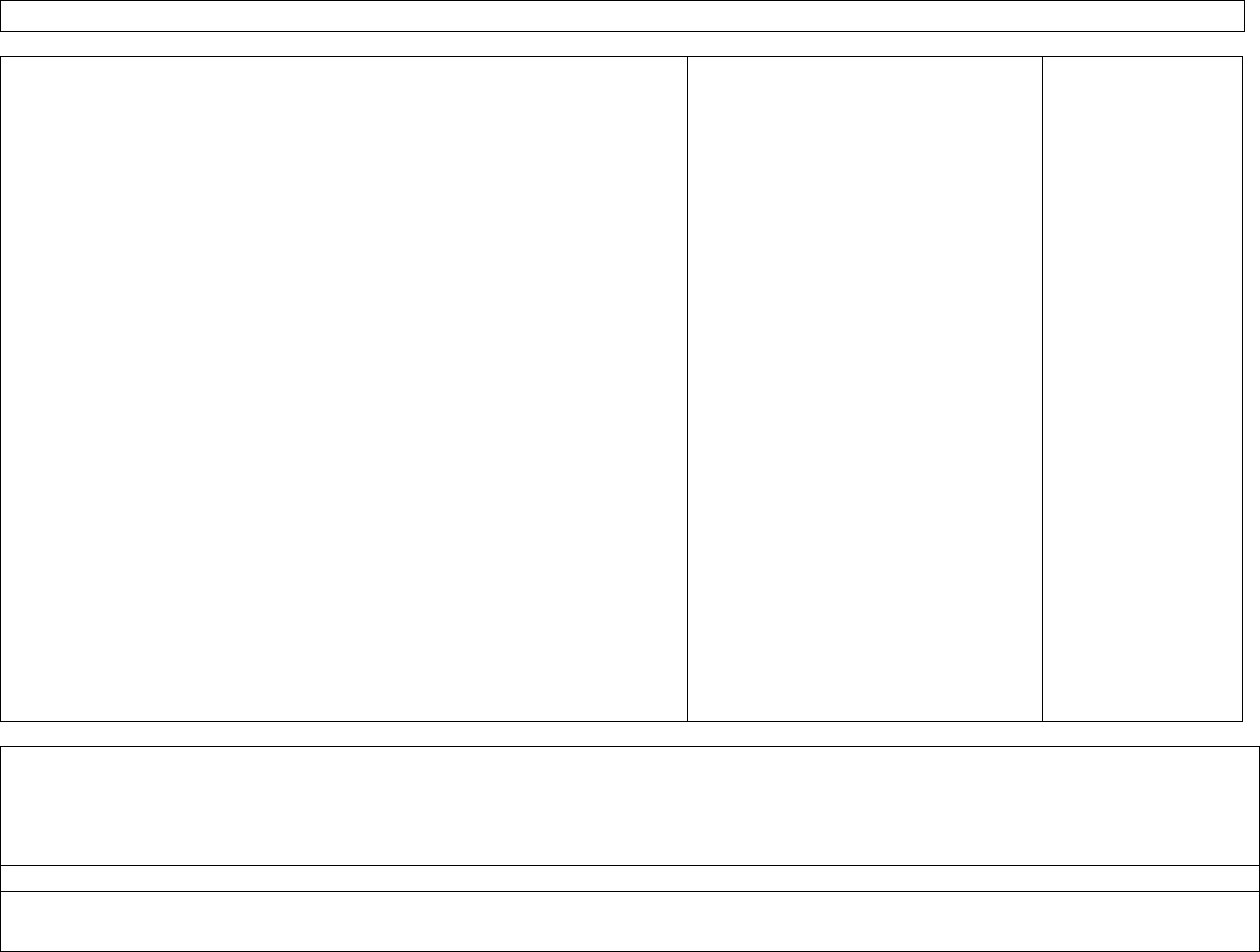
Topic: Communities & Culture (Kindergarten) Essential Questions: How am I like/different from others?
Essential Knowledge & Skills Guided Questions Classroom Ideas Assessment Ideas
• know the roots of American culture, its development
from many different traditions, and the ways many
people from a variety of groups and backgrounds
played a role in creating it
• explain those values, practices, and traditions that
unite all Americans
• gather and organize information about the traditions
transmitted by various groups living in their
neighborhood and community
• recognize how traditions and practices were passed
from one generation to the next
• gather and organize information about the important
accomplishments of individuals and groups, including
Native American Indians, living in their
neighborhoods and communities
• explore different experiences, beliefs, motives, and
traditions of people living in their neighborhoods,
communities, and State
• participate in activities that focus on a classroom,
school, or community issue or problem
• explore the lifestyles, beliefs, traditions, rules and
laws, and social/cultural needs and wants of people
during different periods in history and in different
parts of the world
What is a community?
Who is in a community?
How do people in a community help
each other?
What is a tradition?
How are traditions passed on?
How are different holidays celebrated?
What holidays do people celebrate?
Getting to Know our Classroom/School/Classmates
(classroom orientation, first day safari, student of the
day)
School Community (student jobs, workers in our
school)
Second Step (peer interactions, problem solving,
empathy)
Johnny Appleseed (Individual accomplishment in
history, individuality)
Thanksgiving (feast, community, Turkey Drive,
family, traditions, history, Native American
accomplishments)
December Holidays (Hanukkah, Kwanzaa, Christmas,
traditions, culture, similarities/differences,
craft/cooking activities)
Martin Luther King, Jr. (history, getting along, non-
violence, contributions to society, Black history)
Valentine’s Day (classroom community,
consideration, caring, valentines for everyone in class,
traditions)
Presidents’ Day (Presidential accomplishments,
Lincoln/Washington, current president, Washington,
DC)
Career Day (current jobs in communities, Career Day
field trip, write “thank you” letters to community
establishments visited, consider future jobs)
Teacher Observation and
Questioning
Weekly Reader questions
Journaling
Role-Playing
Observation of Peer
Interactions and
Socially Appropriate
Behavior
Connections to Text (Resources): Weekly Readers, Chicka Chicka Boom Boom, The Kissing Hand, The Little Red Hen, The Little Engine That Could, Franklin stories,
Clifford stories, Stone Soup, Stellaluna, Froggy stories, The First Thanksgiving Day, Sarah Morton’s Day, Samuel Eaton’s Day, Squanto, Johnny Appleseed, Make Way
for Ducklings, For Every Child a Better World, Nine Days ‘Til Christmas, The Mitten Tree, Seven Candles for Kwanzaa, Eight Nights of Hanukkah, Mellie’s Menorah,
The Magic Dreidel, The Night Tree, The Express, Rudolph, Frosty the Snowman, The Night Before Christmas, Martin’s Big Words, The Valentine Bears,
MacMillan/McGraw-Hill TimeLinks flip chart
Time: On-going throughout year Connections to Technology:
Key Vocabulary: community, tradition, holiday, celebrate, American, famous, Native American, Kwanzaa, Christmas, Hanukkah, Thanksgiving, African American,
Jewish, Black American, consideration, cooperation, respect, citizenship, courtesy, self-control, tolerance, honesty, responsibility, perseverance, career, community
worker/helper
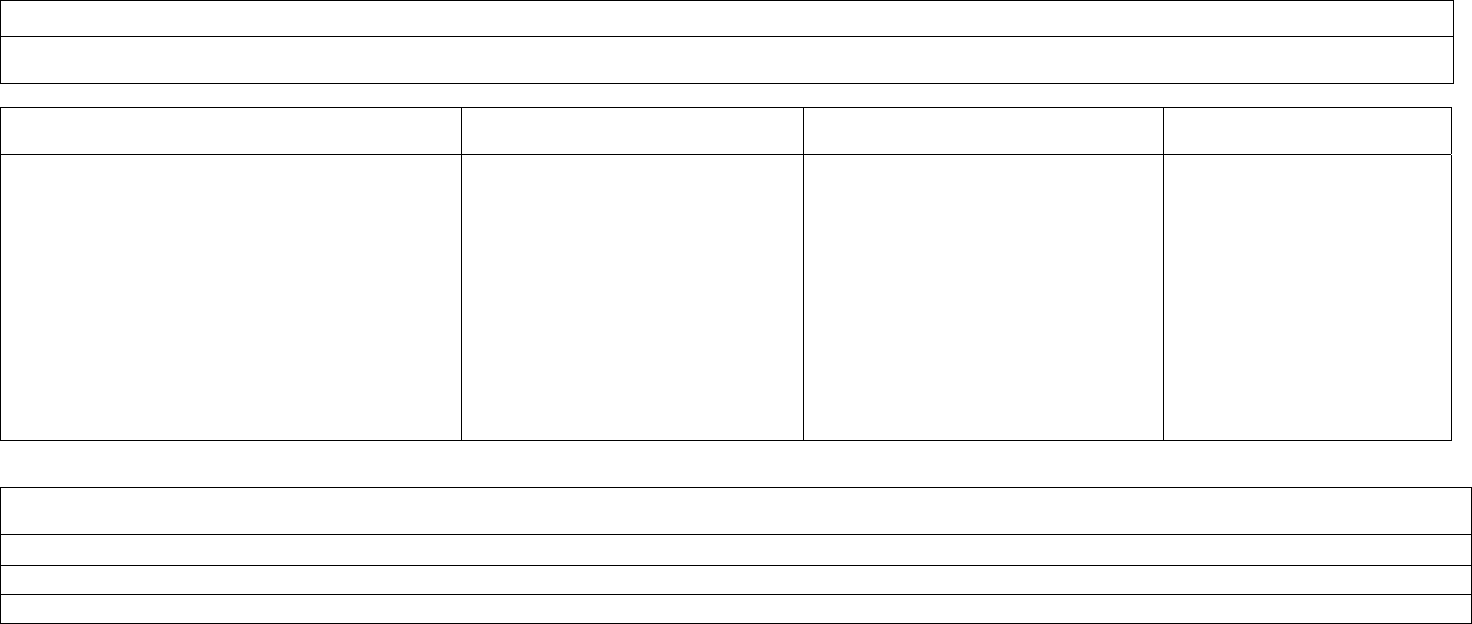
Topic: Economics (Kindergarten)
Essential Questions: How do I get what I want and need?
Essential Knowledge & Skills
SWBAT:
Guided Questions Classroom Ideas
(Instructional Strategies)
Assessment Ideas
(Evidence of Learning)
• know some ways individuals and groups attempt to
satisfy their basic needs and wants
What is a want?
What is a need?
How do people get what they
want?
How do people get what they
need?
What do people do for jobs
around us?
Who are some community
helpers?
Fire Prevention Activities
(community helpers/service)
Bus Safety Activities
(community helpers/service)
Career Day Activities and Field
Trips
Informal
Conversation/Discussion
Discussion of MacMillan Unit
4: Why We Work (S. S. Flip
Chart)
Weekly Reader Activities
Teacher observation
and questioning
Weekly Reader
questions
Journal Entries
Role Playing
Connections to Text (Resources): Harcourt Trophies series, Weekly Readers, MacMillan/McGraw-Hill Flip Chart, Classroom Libraries
Time: On-going throughout year
Connections to Technology: DVDs/VHS,
Key Vocabulary: want, need, community helper, job, career

Topic: Government Essential Questions: What can I do to be a good citizen?
(Kindergarten)
Essential Knowledge & Skills
SWBAT:
Guided Questions Classroom Ideas
(Instructional Strategies)
Assessment Ideas
(Evidence of Learning)
• know the meaning of key terms and concepts related
to government, including democracy, power,
citizenship, nation-state, and justice
• explain the probable consequences of the absence of
government and rules
• describe the basic purposes of government and the
importance of civic life
• understand that citizenship includes an awareness of
the holidays, celebrations, and symbols of our nation
• examine what it means to be a good citizen in the
classroom, school, home, and community
• identify and describe the rules and responsibilities
students have at home, in the classroom, and at school
• understand that effective, informed citizenship is a
duty of each citizen, demonstrated by jury service,
voting, and community service
• show a willingness to consider other points of view
before drawing conclusions or making judgments
• participate in activities that focus on a classroom,
school, or community issue or problem
What is citizenship?
What does a good citizen do?
Why do we have rules/laws?
What is the name of our
town?
What is the name of our state?
What is the name of our
country?
What are some of the symbols
of our country?
What are some of our national
holidays?
Pledge of Allegiance
Classroom Jobs/Responsibilities
Classroom Rules
- Classroom
Management Systems
- Discussion of Need for
rules
Election Day Activities
- Mock Votes
- Graphing Activities
Flag Day Activities
Thanksgiving Activities
- Feast
- Historical
Discussion/Texts
Presidents’ Day Activities
Martin Luther King Jr. Day
Activities
Character Education activities
Second Step Lessons
Unit 5 MacMillan Flip Charts
(Getting Along Together)
Survival Skills Instruction
(Addresses)
Shared Readings of Content
Literature
Weekly Reader
Teacher observation &
questioning
Weekly Reader
questions
Role playing
Journal Writing
Activities
Connections to Text (Resources): Weekly Readers, Character Education Readers/Stories, MacMillan/McGraw-Hill Flip Chart, Classroom Libraries,
Second Step, I Pledge Allegiance
, The Flag We Love, America, Sara Morton’s Day, Samuel Eaton’s Day, Happy Birthday, Martin Luther King, Martin’s
Big Words, Martin Luther King, Jr., I Have A Dream, Rosa Parks, Abe Lincoln, Let’s Read About Abe Lincoln, Let’s Read About George Washington,
The Gettysburg Address
, God Bless America, My Country ‘Tis Of Thee
Time: On-going throughout year
Connections to Technology: videotapes/DVDs, Dr. Jean CDs
Key Vocabulary: citizen, citizenship, country, town, state, rules, laws, responsibility, symbol, vote, freedom, flag, election, president, holiday,
